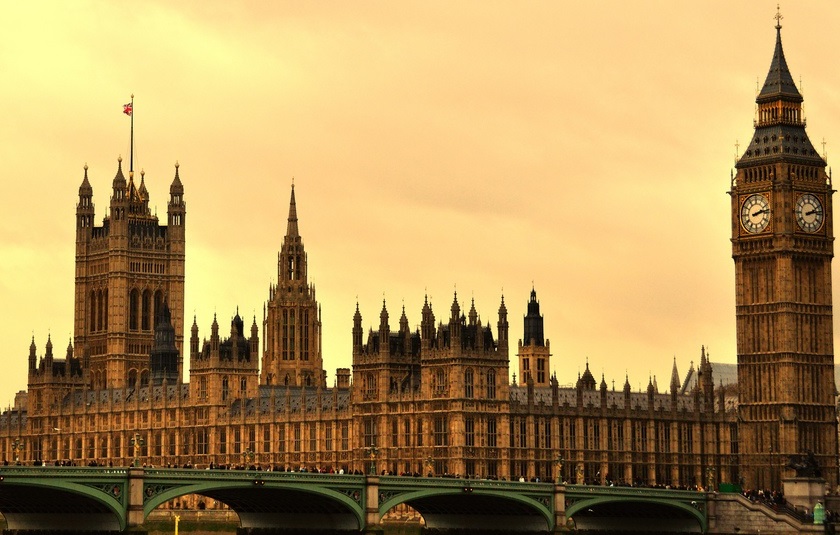
Photo: Rajan Manickavasagam (CC BY 2.0)
Peers demand greater protection for creative industries
A debate in the House of Lords about the health of the creative industries was both a celebration and a call to action, with Baroness Kidron fighting to prevent the next generation from becoming a “pale, posh shadow of the current one”.
Peers in the House of Lords responded passionately to a motion tabled by Conservative peer Baronness Wheatcroft, calling for increased support for the creative industries. Wheatcroft celebrated the £77bn contribution made by the creative industries to the UK economy, but peers pointed to a series of threats to the sector.
Baroness King of Bow highlighted the risk that “excessive funding cuts” could “fatally undermine access to arts and culture for all”. Lady Kidron echoed her concern, warning that a “martrix of policies” has “sucked the less privileged out of the humanities, arts and performing arts”.
Kidron spoke nostalgically of an era in which the Government “invested” in artists by providing support such as small enterprise grants. She warned that current education policy and general attitudes towards the arts are “creating insurmountable obstacles to the talented youngsters who might otherwise have been our next generation of creatives”.
Peers across the political spectrum – including Lord Lloyd Webber and Baroness Bonham Carter – agreed with the terminology of “investment” in culture, rather than subsidy. The Earl of Clancarty questioned the logic of continually cutting the DCMS budget, given that the UK creative sector “will give a return of at least double” on investment. Kidron agreed, but warned that “there is a very indirect line between investment in the creators and the actual creation of that wealth”.
The two peers agreed again on the dangers posed to arts education, particularly in disputing the notion that the EBacc “sets up every child for life”. Clancarty said that the Education Minister is wrong “yet again” in assuming a qualification with core subjects including a science but excluding the arts will provide a “rounded education”. This was echoed by Kidron, who said it was a “tragedy” that “successive Education Ministers have devalued the arts in a structural way within the curriculum”. She questioned when the arts, technology and science will be given equal curriculum time and respect from the Government, and expressed fear that, without this commitment, “the next generation will be a pale, posh shadow of the current one”.
Join the Discussion
You must be logged in to post a comment.